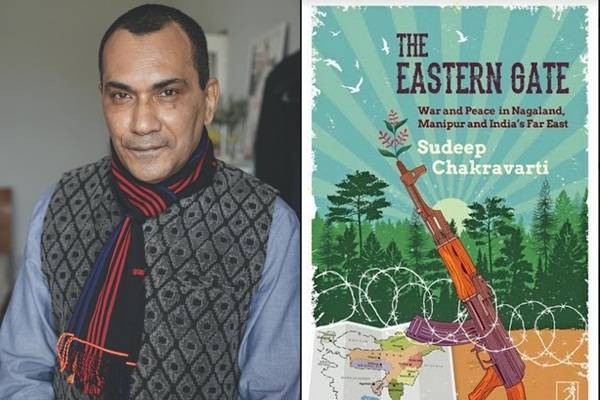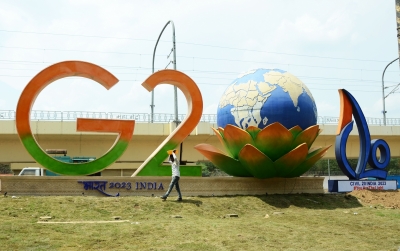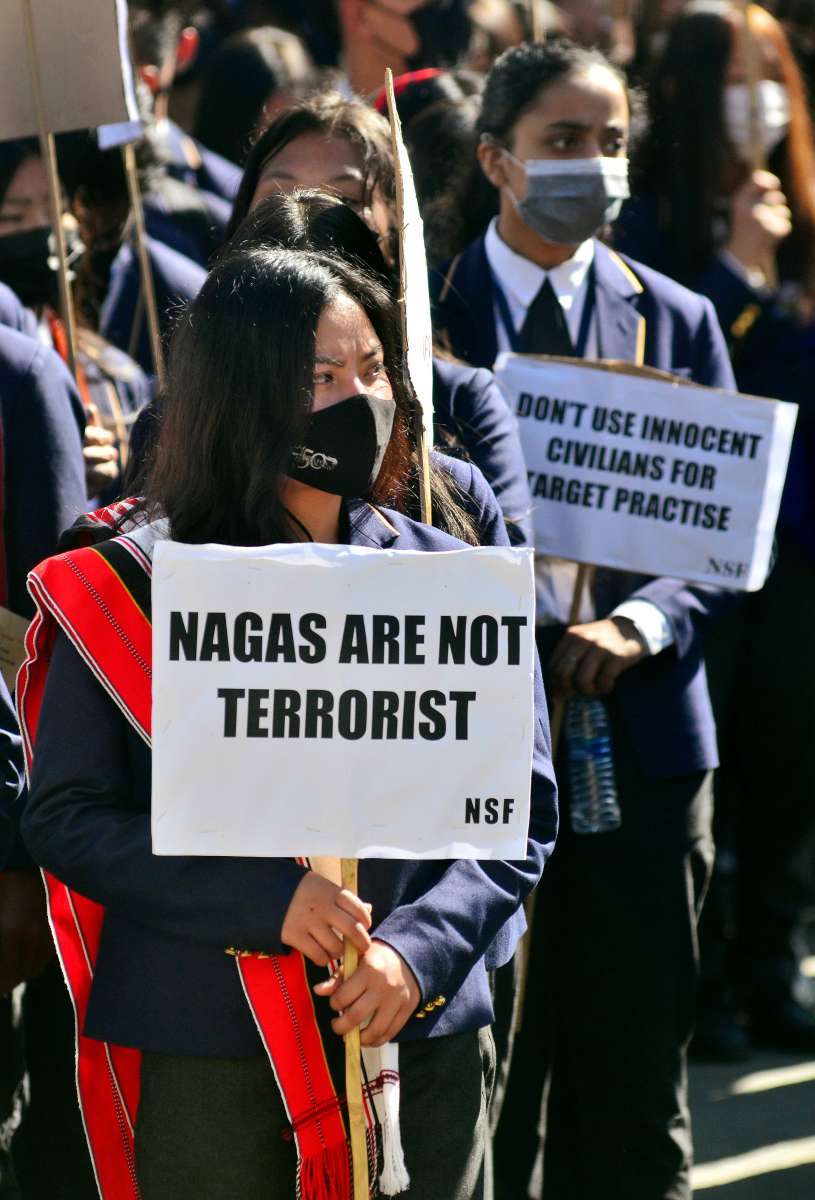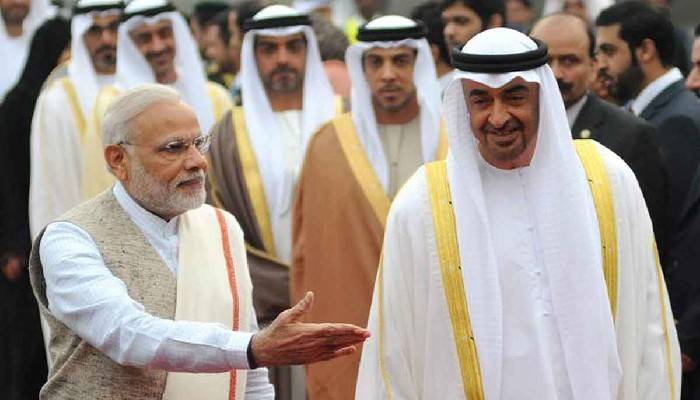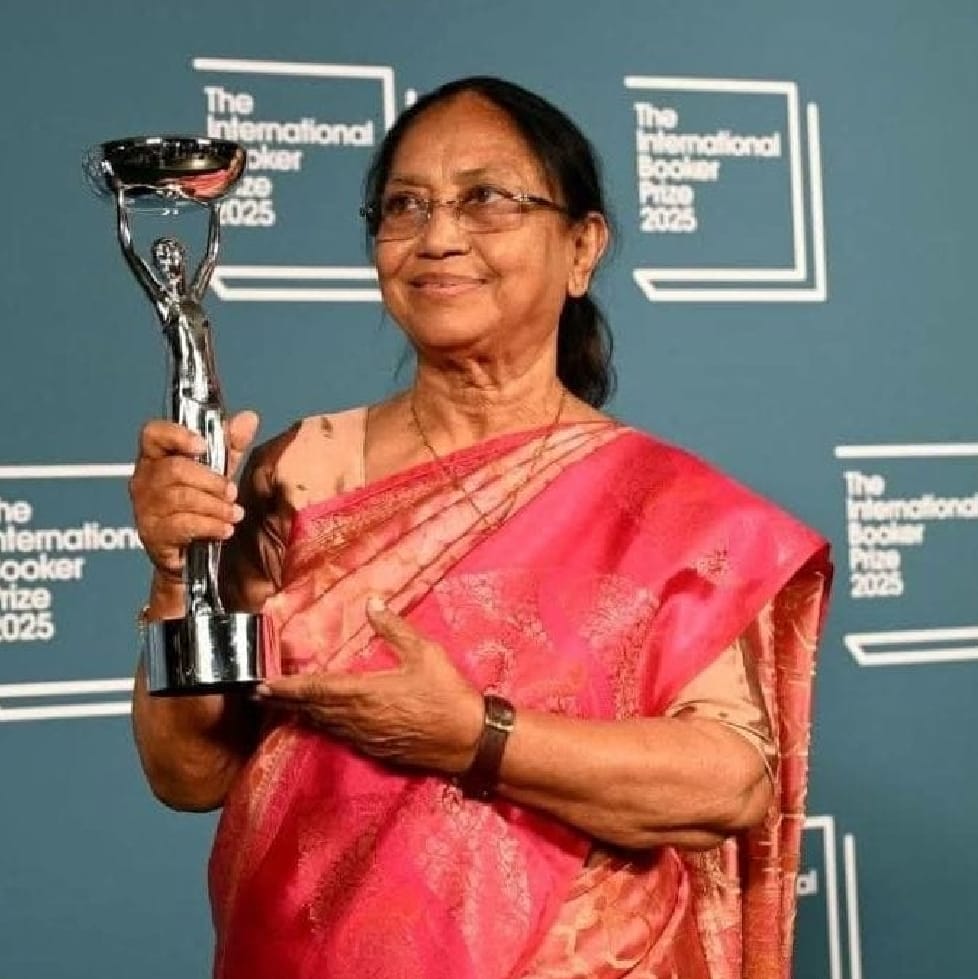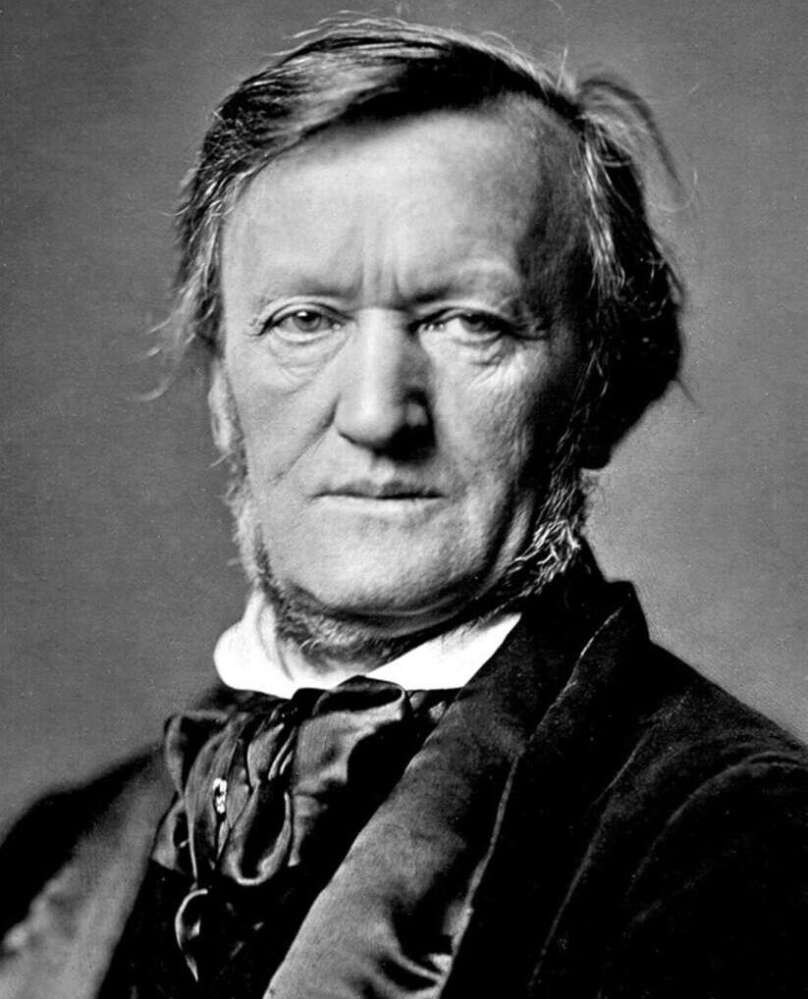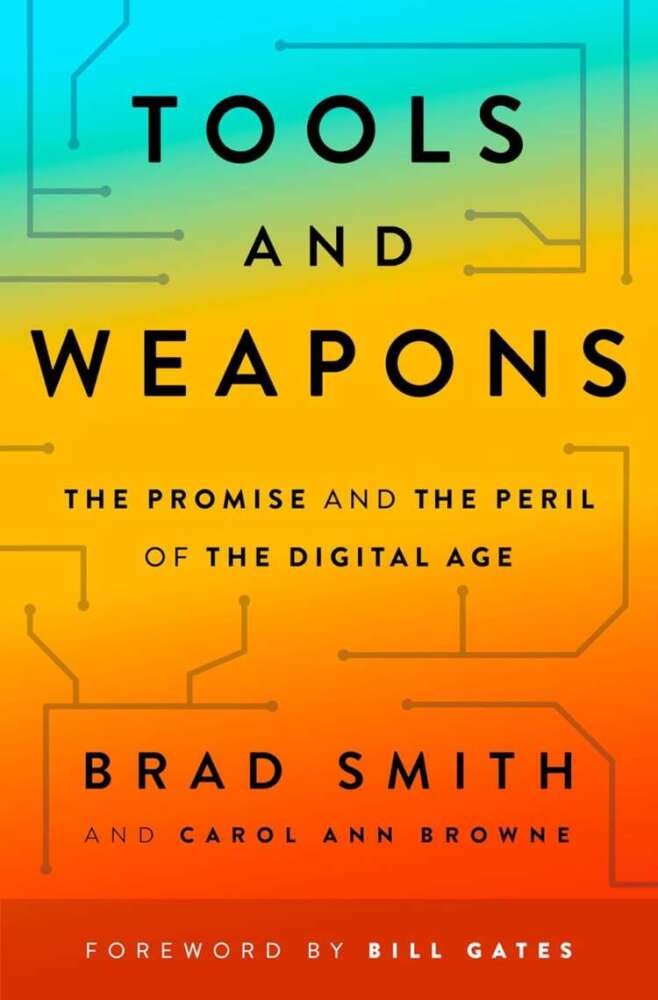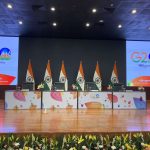Alongside immense hope and aspiration, it is also home to immense ethnic and communal horrors – and a decades-old Naga conflict – and the high-profile peace process that involves four gateway states — Nagaland, Manipur, Arunachal Pradesh and Assam — and several million people…reports Asian Lite News
The recent killings of civilians in Nagaland in an army operation gone awry has led to renewed debate over the controversial Armed Forces (Special Powers) Act (AFSPA).
The Naga Peace Accord is in a state of uncertainty and the political situation in Northeast India is in the news again. But what is the story behind the headlines?
Award-winning author, media consultant and regional risk analyst Sudeep Chakravarti’s extensively researched “The Eastern Gate – War and Peace in Nagaland, Manipur and India’s Far East” (Simon & Schuster India) reveals the backdrop to the ongoing conflict, making the book critical to understanding the politics behind it.
Occupying nearly a seventh of India’s landmass and home to almost 50 million people, the region is a pivot for India’s Act East policy, and a gateway to a future of immense possibilities — from hydrocarbons to regional trade, the very harbinger of prosperity with threads over land and water, with the help of Myanmar and a surging Bangladesh, that could create a Silk Route for this century and beyond.
A bulwark of India’s security in the shadow of China, the region is a cradle of worrying climate change dynamics and migration and the crucible of India’s efforts at inclusive democracy.
Northeast India, the appellation often applied to India’s far east, is all this and more.
Alongside immense hope and aspiration, it is also home to immense ethnic and communal horrors – and a decades-old Naga conflict – and the high-profile peace process that involves four gateway states — Nagaland, Manipur, Arunachal Pradesh and Assam — and several million people.
A series of callous and unthinking governments and enduring suspicion against the all-knowing ‘Mainland’ have together made it a touch-point of brutalized aspiration, identity, conflict and tragedy. It’s among the most militarized zones in the world, with laws applied across vast geographies that offer the army and police both immunity and impunity. It’s a playground of numbing corruption and engineered violence.
This includes the cauldron that has been the Naga rebellion and the makings of peace, and the myriad rebellions that feed neighbouring Manipur’s political realities: an often-incendiary ethnic cocktail of Meitei, Naga, Kuki, Zomi. Only real peace as opposed to uneasy absence of conflict, and calm in both Myanmar and Bangladesh, will unlock this Eastern gate.
To this end, the book offers:
Inside stories and a ringside view of the tortuous, unsuccessful attempts at resolving the many enduring conflicts in the region.
Exclusive insights and interviews with rebel leaders, politicians, bureaucrats, policy-makers, army and police personnel, intelligence operatives, analysts, gunrunners, those in the narcotics trade, those privy to peace negotiations, and community leaders.
A clear and comprehensive examination of the present situation.
An up-close view of the Naga peace process.
A keen observer and frequent chronicler of the region, Chakravarti has for several years offered exclusive insights into the Machiavellian — indeed Chanakyan — world of the Naga and other conflicts and various attempts to resolve these. He now melds the skills of a journalist, analyst, historian, and ethnographer to offer a framework within which these conflicts — and the very aspiration of the people of India’s most diverse, dynamic and desperately hopeful region — needs to be seen.
Employing a ‘dispatches’ style of storytelling, Chakravarti’s narrative provides immediacy to, and understanding of, ongoing attempts to transition from war to peace, even as he keeps a firm gaze on the future. If Northeast India is a force of unstoppable nature and the nature of man, then “The Eastern Gate” is a tour de force that captures this story of our times.
Chakravarti is an award-winning author of several best-selling works of history, ethnography, politics and conflict resolution, including “Plassey: The Battle that Changed the Course of Indian History”, “The Bengalis: A Portrait of a Community”, and “Highway 39: Journeys through a Fractured Land”.
His other notable non-fiction works are “Red Sun: Travels through Naxalite Country”, and “Clear. Hold. Build: Hard Lessons of Business and Human Rights in India”, which won the Award for Excellence at the Asian Publishing Awards. He has written three critically acclaimed novels, and several short stories. His work has been translated into several Indian and European languages.
Chakravarti read history at St Stephen’s College, University of Delhi. Away from history, research, and writing, his other passion remains marine conservation.
ALSO READ-Nagaland to ask Centre to repeal AFSPA; Hornbill Fest called off
READ MORE-Panel formed to decide withdrawal of AFSPA from Nagaland


